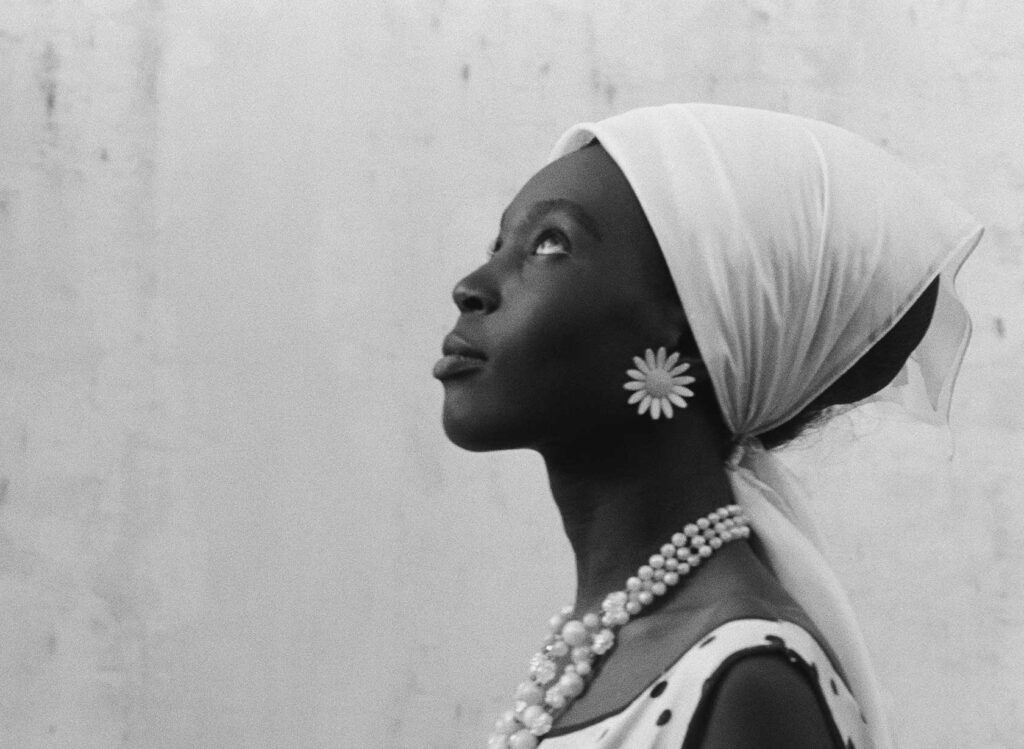Ousmane Sembène, the father of African cinema, honored with retrospective at Harvard Film Archive

Senegalese filmmaker and writer Ousmane Sembène (1923-2007) has been dubbed the father of African cinema. His work staunchly protested colonialism, racism, capitalism and patriarchy, and he created films in Africa for African audiences during a time when foreign markets were prioritized. This month, the Harvard Film Archive honors this cinematic giant with a retrospective screening of nearly all his films.
“Despite his immeasurable importance, Sembène’s films have not been in wide circulation for quite some time,” says Haden Guest, director of the Harvard Film Archive. “The Harvard Film Archive’s complete retrospective gives new audiences the chance to discover Sembène’s bold and visionary cinema as it was meant to be experienced — on the big screen, together with a rapt audience.”
Sembène made his first feature-length film, “Black Girl,” in 1966, a piece based on a short story he had written a few years earlier. In the film, a young woman moves from Senegal to France for an employment opportunity. She hopes for a chance at a cosmopolitan lifestyle but instead encounters prejudice and abuse. The filmmaker was inspired to take this story from the page to the screen for the sake of spreading its message further.
“I realized that with a book, especially in Africa where illiteracy is known to prevail, I could only touch a limited number of people,” he said during his lifetime. “I became aware that film, on the contrary, was likely to reach broad masses.”
Harvard Film Archive is showing digitally restored versions of Sembène’s films re-mastered by Janus Films. The screenings run through February 25 and include “Black Girl,” “Guelwaar,” “Ceddo” and many others. Titles that have not been restored will be screened in their original film format.
The Harvard Film Archive is a division of Harvard Library dedicated to the preservation, exhibition and collection of film. Its collection currently features more than 40,000 motion-picture prints and related objects spanning practically the whole history of film. Its cinema is located on the Harvard campus, but all are welcome to attend film screenings.
Sembène’s films span the 1960s through the early 2000s, but the content is still strikingly relevant to the current moment. In a cinematic landscape so often dominated by big-budget, CGI-soaked productions, Sembène’s work is also a reminder that artistry and mission can be communicated despite political and monetary restraints. The series presents both a visual feast and a portrait of ongoing social and political battles.
Toronto-based writer, producer and filmmaker Kelley Dong wrote in an essay for Harvard Film Archive, “He aimed directly at his targets — capitalism, neocolonialism, patriarchy, religion — with nimble montage, sumptuous mise-en-scène, freeze-frames and zooms, flashbacks and visions, blistering caricatures and frank depictions of sex and mortality.”








